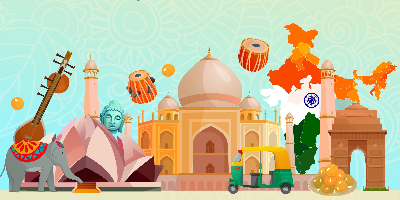aug 16, 1932 - Communal Award Poona Pact 1932
Description:
In 1932, B.R. Ambedkar negotiated the Poona Pact with Mahatma Gandhi. The background to the Poona Pact was the Communal Award of August 1932 which provided a separate electorate for depressed classes.On August 16, 1932, the British Prime Minister, Ramsay MacDonald, announced the Communal Award which provided for separate electorates for the ‘Depressed Classes’, the Muslims, the Europeans, the Sikhs, the Anglo-Indians and the Indian-based Christians.
Significance of Poona Pact
Representation Of Depressed Classes: In a settlement negotiated with Mahatma Gandhi, Ambedkar agreed for depressed class candidates to be elected by a joint electorate.
Also, nearly twice as many seats (147) were reserved for the depressed classes in the legislature than what had been allotted under the Communal Award.
In addition, the Poona Pact assured a fair representation of the depressed classes in the public services while earmarking a portion of the educational grant for their uplift.
The Poona Pact was an emphatic acceptance by upper-class Hindus that the depressed classes constituted the most discriminated sections of Indian society.
It was also conceded that something concrete had to be done to give depressed classes a political voice.
The pact made the entire country morally responsible for the uplift of the depressed classes.
As the concessions agreed to in the Poona Pact were precursors to the world’s largest affirmative programme (reservation in legislature, public services and educational institutions) launched much later in independent India.
Most of all the pact made the depressed classes a formidable political force for the first time in Indian history.
Added to timeline:
Date:
aug 16, 1932
Now
~ 93 years ago
